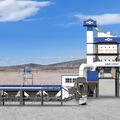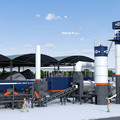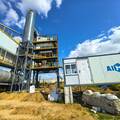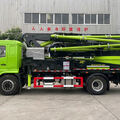In today’s competitive construction industry, having the right equipment is only part of the equation for long-term success. Just as important is the relationship you develop with your concrete batching plant suppliers. A strong, reliable partnership can help you streamline operations, reduce costs, and ensure timely project delivery. It goes beyond a one-time purchase—it's about collaboration, long-term value, and shared success.
In this article, we’ll explore why building lasting relationships with suppliers is vital, what qualities to look for, and how to select partners who understand your needs—including your preference for different types of batching plant based on project scope and location.
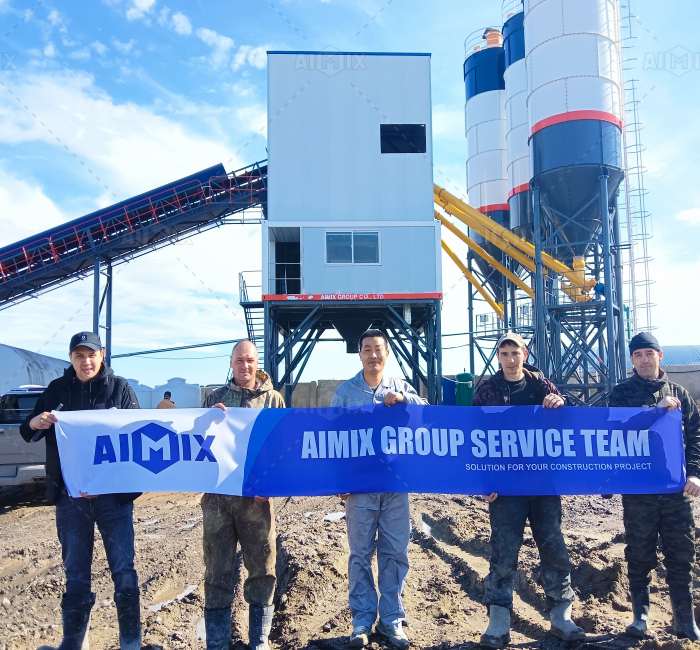
Why Supplier Relationships Matter
When setting up or expanding concrete production capabilities, choosing a supplier isn't just about comparing prices or choosing the most advanced technology. It's about securing a partner that:
-
Understands your business goals
-
Offers continuous technical support
-
Provides high-quality components and efficient delivery
-
Has the flexibility to scale as your projects grow
Concrete batching plants are complex systems that require regular maintenance, calibration, and sometimes even customization. Having a dependable supplier ensures you’re never left dealing with unexpected downtime or quality control issues alone.
Understanding Your Needs First: Types of Batching Plants
Before approaching any supplier, it's crucial to understand your own operational needs. There are different types of batching plant setups, and each suits a particular construction scenario:
1. Stationary Batching Plant
Ideal for long-term or large-scale projects where the plant remains in a fixed location. It offers higher output and precision.
2. Mobile Batching Plant
Best for projects that require mobility—such as road construction or remote site operations. These are easy to transport and set up.
3. Dry Mix Batching Plant
In this setup, materials are mixed in transit. It's faster and suited for high-volume demands but may sacrifice a bit of uniformity.
4. Wet Mix Batching Plant
Here, all ingredients including water are mixed at the plant itself, ensuring better consistency. It is perfect for high-quality concrete requirements.
5. Compact Batching Plant
These are space-saving systems, excellent for urban construction or limited-space job sites.
Discussing these different options with your supplier allows them to match your business with the most efficient solution. A strong partner will also provide advice based on their technical knowledge and past customer experiences.
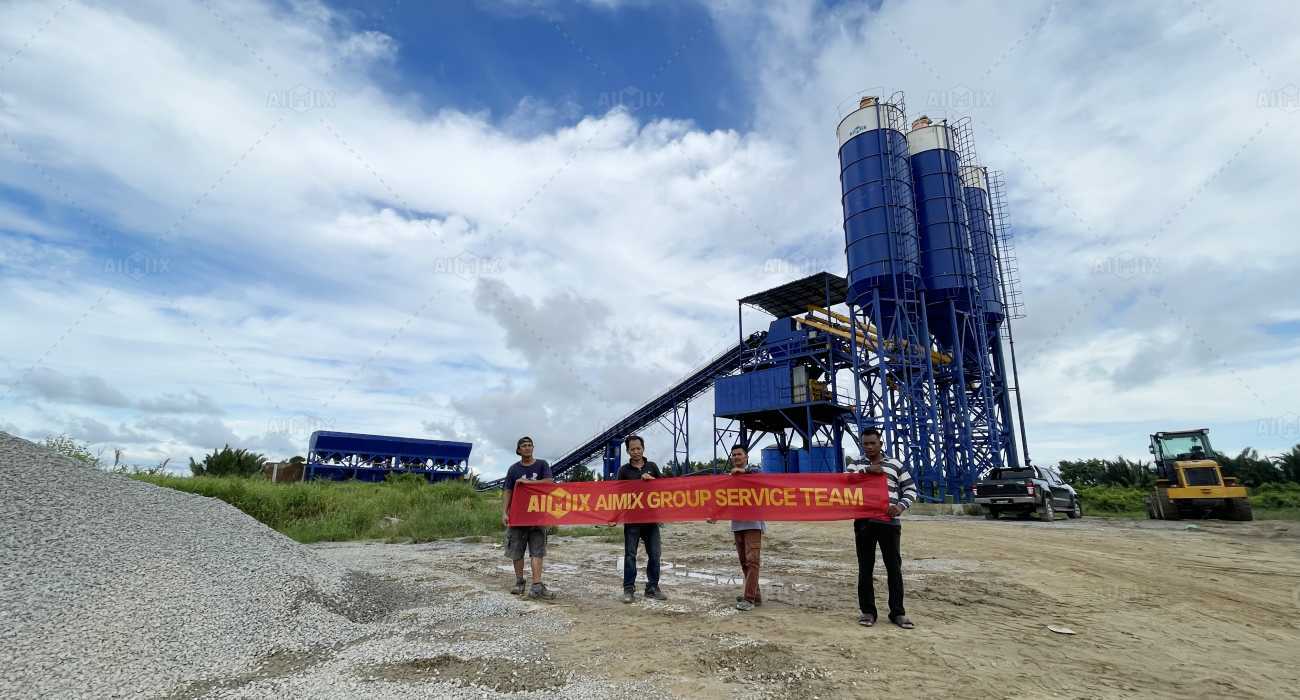
Qualities to Look for in a Reliable Supplier
To build a robust partnership with concrete batching plant suppliers, evaluate them beyond the brochure. Look for these key qualities:
1. Technical Expertise
Can the supplier provide a clear explanation of how their batching plant works? Do they offer custom solutions for various concrete recipes?
2. Range of Equipment
A good supplier should offer a variety of models, catering to different types of batching plant and be able to scale their offering based on your growth.
3. Support and Training
Do they offer operator training? Can they assist you with installation and commissioning? Ongoing support is a sign of a committed partner.
4. After-Sales Service
How quickly can they dispatch spare parts? Do they offer preventive maintenance packages?
5. Local Presence
Suppliers with warehouses or service centers near your region can save you valuable time and costs when emergencies arise.
Steps to Build Long-Term Supplier Relationships
Once you’ve selected a supplier, building a strong relationship is about trust and transparency. Here’s how to ensure your partnership lasts:
1. Communicate Clearly
From the start, communicate your exact needs, deadlines, and budget limitations. The better the supplier understands your expectations, the more accurately they can serve you.
2. Set Shared Goals
Whether it’s reducing concrete waste, increasing batch accuracy, or improving site logistics, set KPIs together with your supplier.
3. Schedule Regular Reviews
Hold quarterly or annual reviews to evaluate plant performance, discuss upcoming projects, and explore new tech upgrades.
4. Ask for Innovation
A good supplier will bring new ideas to the table—whether that’s about optimizing your batching sequence or integrating automation features.
5. Treat it as a Partnership
Support goes both ways. Pay invoices on time, provide clear feedback, and recommend their services when you’re satisfied. Mutual respect creates loyalty.
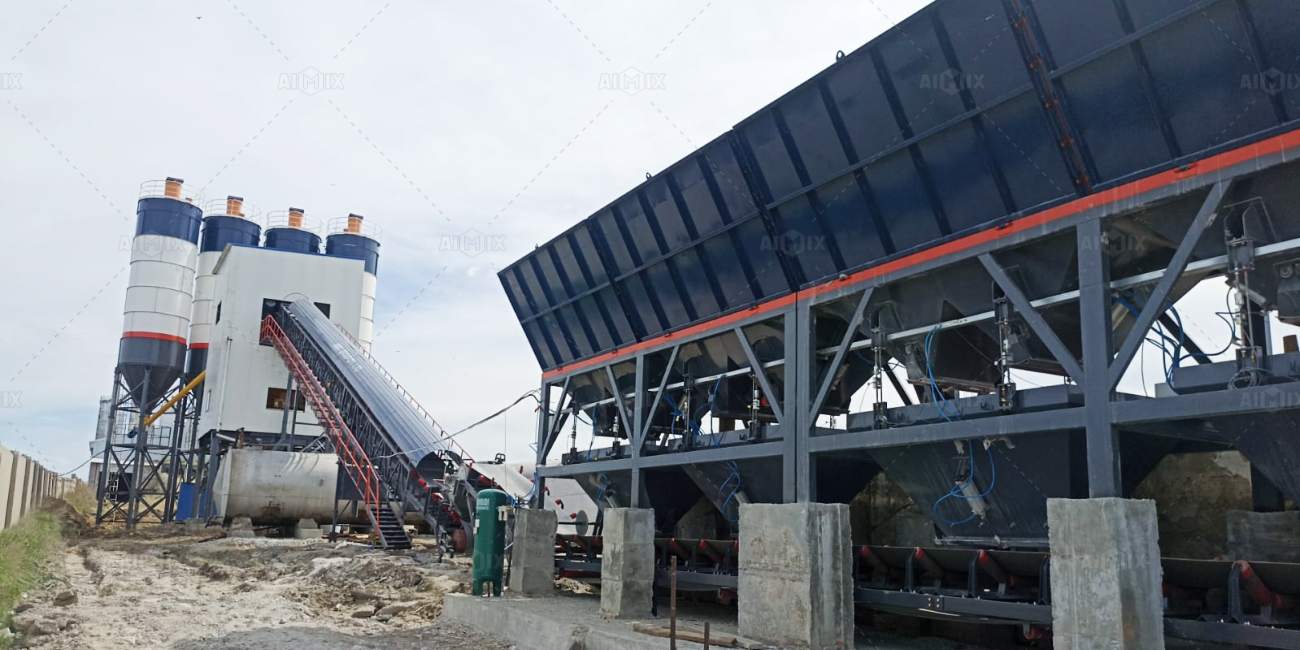
Benefits of a Strong Supplier Partnership
Companies that invest time and effort into developing supplier relationships report better project performance and smoother operations. Specific benefits include:
-
Faster Problem Resolution: A responsive supplier minimizes downtime and keeps projects on schedule.
-
Improved Quality Control: Suppliers help maintain equipment efficiency and batch accuracy.
-
Cost Efficiency: Long-term partners may offer better pricing, loyalty discounts, or value-added services.
-
Access to Innovation: Trusted relationships often result in early access to product upgrades or beta testing opportunities.
Especially when working with different types of batching plant, having a go-to expert you trust helps you adapt to changing project needs without delay.
Conclusion
In the world of construction, equipment is only as reliable as the people who supply and support it. Building strong, strategic partnerships with concrete batching plant suppliers is more than a procurement decision—it’s a long-term business strategy.
By aligning with a supplier that understands your goals, can support your technical needs, and offers solutions tailored to different types of batching plant, you position your company for long-term growth, stability, and operational excellence.
So, when you're choosing a supplier, don’t just ask “What’s the price?”—ask, “Who can I trust to grow with me?”

